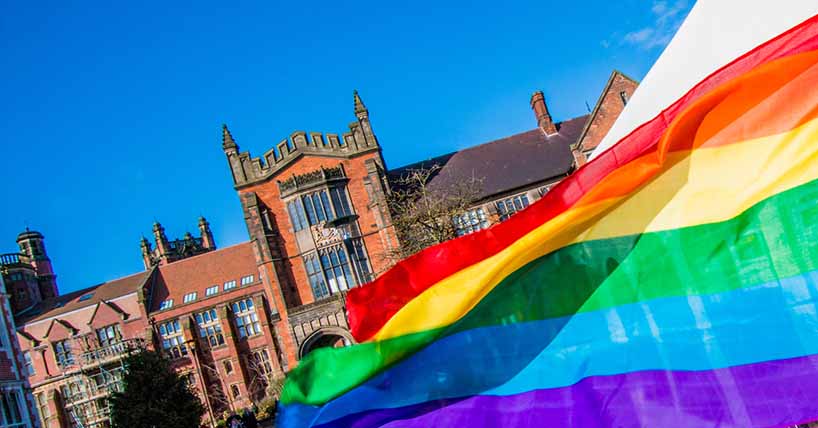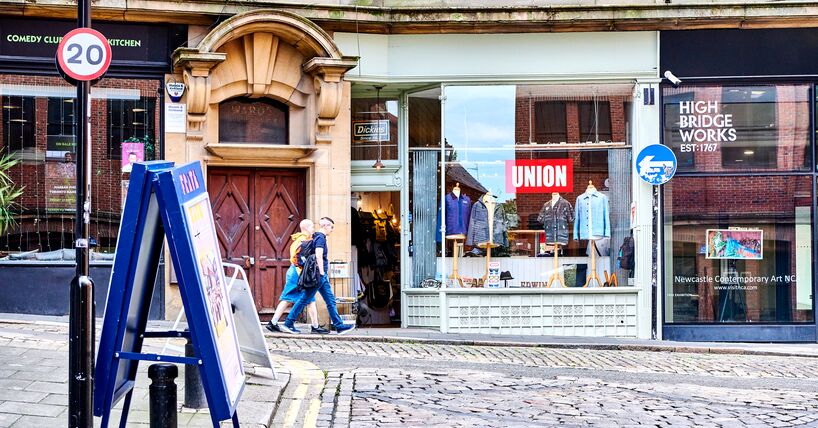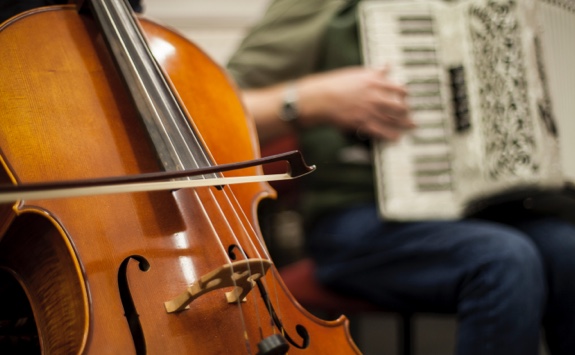About Music at Newcastle University
About us
Music has been an essential part of Newcastle University since 1890. Our tradition began with the founding of what was then Durham University's first choir and grew with the formal establishment of the Music Department in the 1920s.
The growth of the department lead to the creation of our first honours degree in 1948, establishing a foundation for generations of innovation and excellence in music studies.
Since then we've continued to create new paths, having launched England’s first degree in Folk and Traditional Music and been the first Russell Group university to introduce a Popular and Contemporary Music degree.
Excellence and Innovation
Today, our internationally recognised research is at the heart of what we do, informing our teaching and engagement and developing the next generation of musicians and thinkers.
Music is essential to our cultural and social life, which is why we approach music from creative, historical, and social perspectives to better understand its richness and complexity.
The department continues to be defined by inspirational teaching from practising musicians and researchers, supported by a strong programme of performance tutoring. We prepare our students with the knowledge and skills needed for a successful career in a constantly changing world.
About Newcastle
Newcastle's music scene is as diverse and vibrant as the city itself.
Its grassroots movement in and around the city is a hub of gigs, DJ-nights, underground scenes, and collaboration - all championing local talent and encouraging experimentation.
It hosts activities such as:
- legendary folk music sessions
- pub rock
- amateur orchestras and choirs open to students
- live Jazz
- various other forms of contemporary music
- many small-scale venues
Newcastle also regularly hosts major global artists in its arena and stadium. Meanwhile institutions like The Glasshouse International Centre for Music provide a prestigious platform for classical, folk, jazz, and The Royal Northern Sinfonia, with many of its members teaching in our music department.
Newcastle University, its staff and students are at the heart of Newcastle's music scene, collaborating with multiple venues and musicians, firmly embedded in a huge range of activities.
Our research impact and engagement
The increase in both the quality and intensity of our research has been achieved through the collective excellence of our researchers and in collaboration with our students and our external partners. The richness of our music research culture and music projects comes from our openness to all forms of music and many ways of approaching it. Our research takes effect through many forms, including:
- books and journal articles
- compositions
- performances and improvisations
- exhibitions and installations
- conference presentations
- public, industry and policy engagement

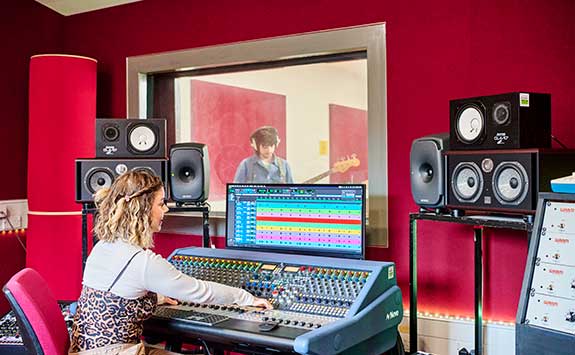
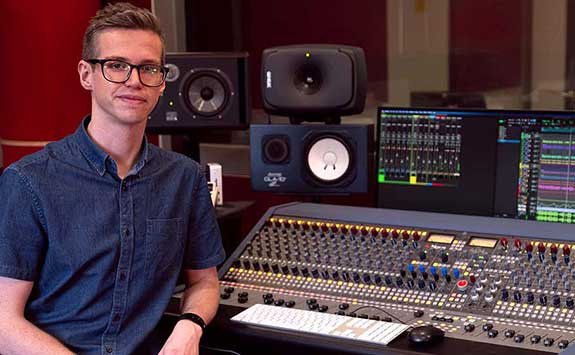
.jpg)
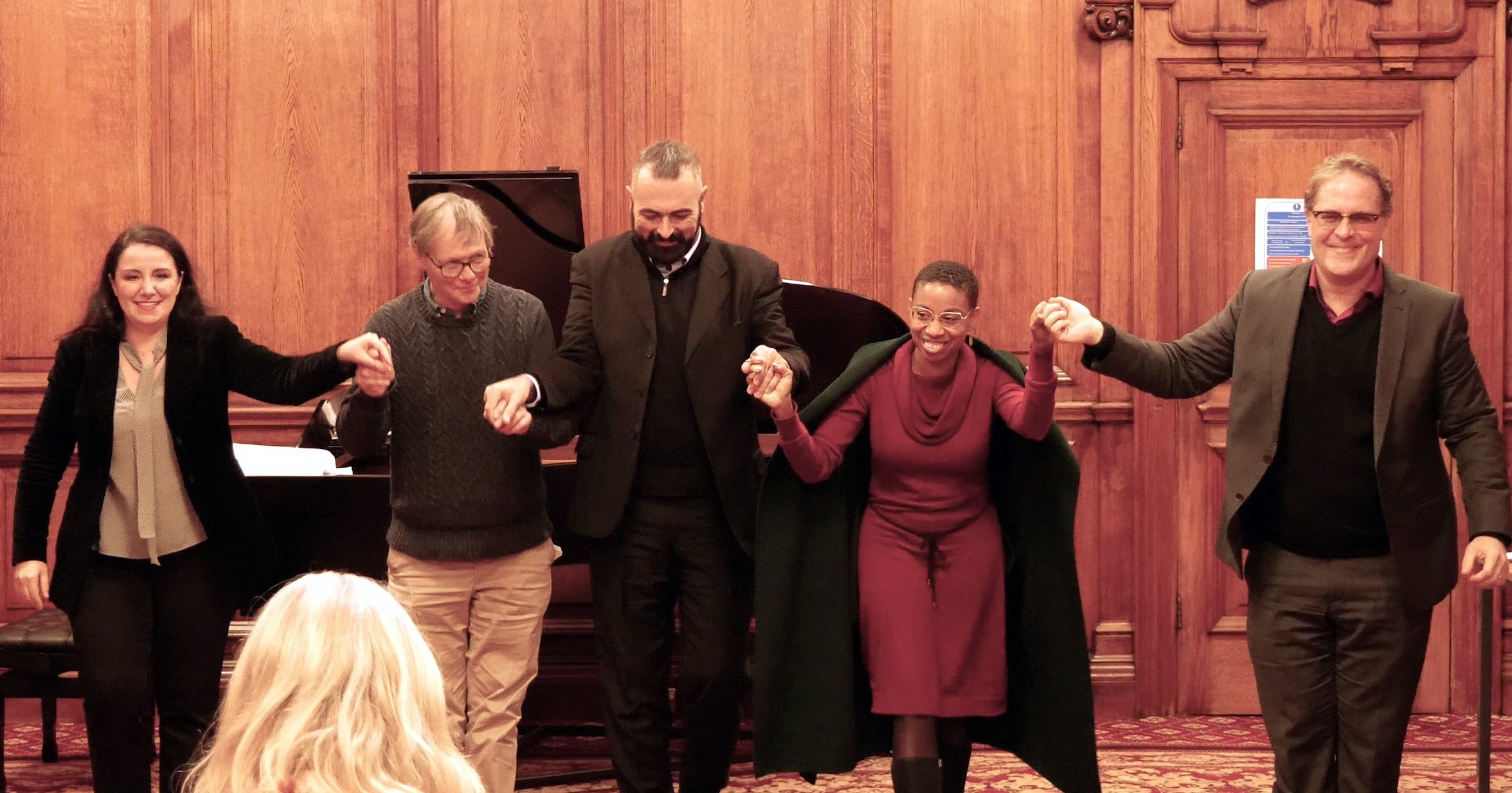
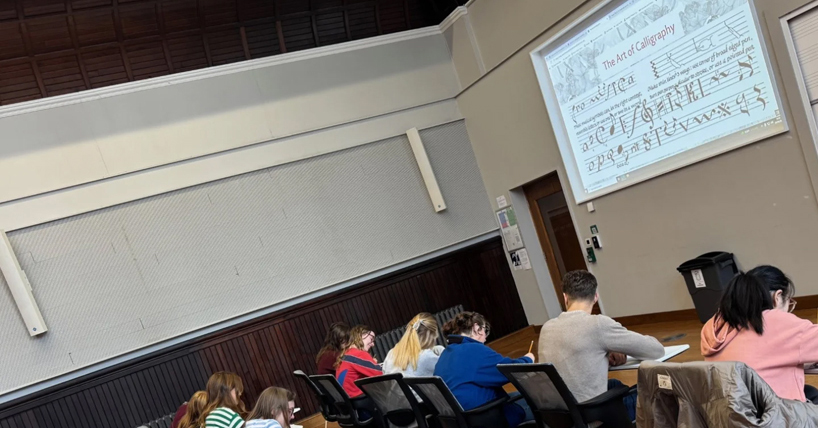
-(1)-(1).jpg)
